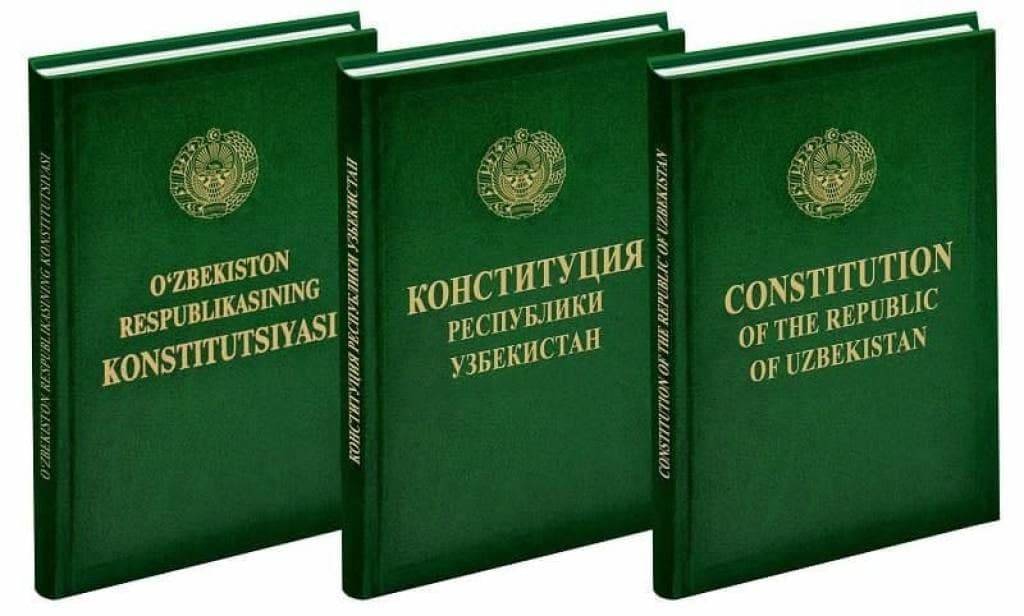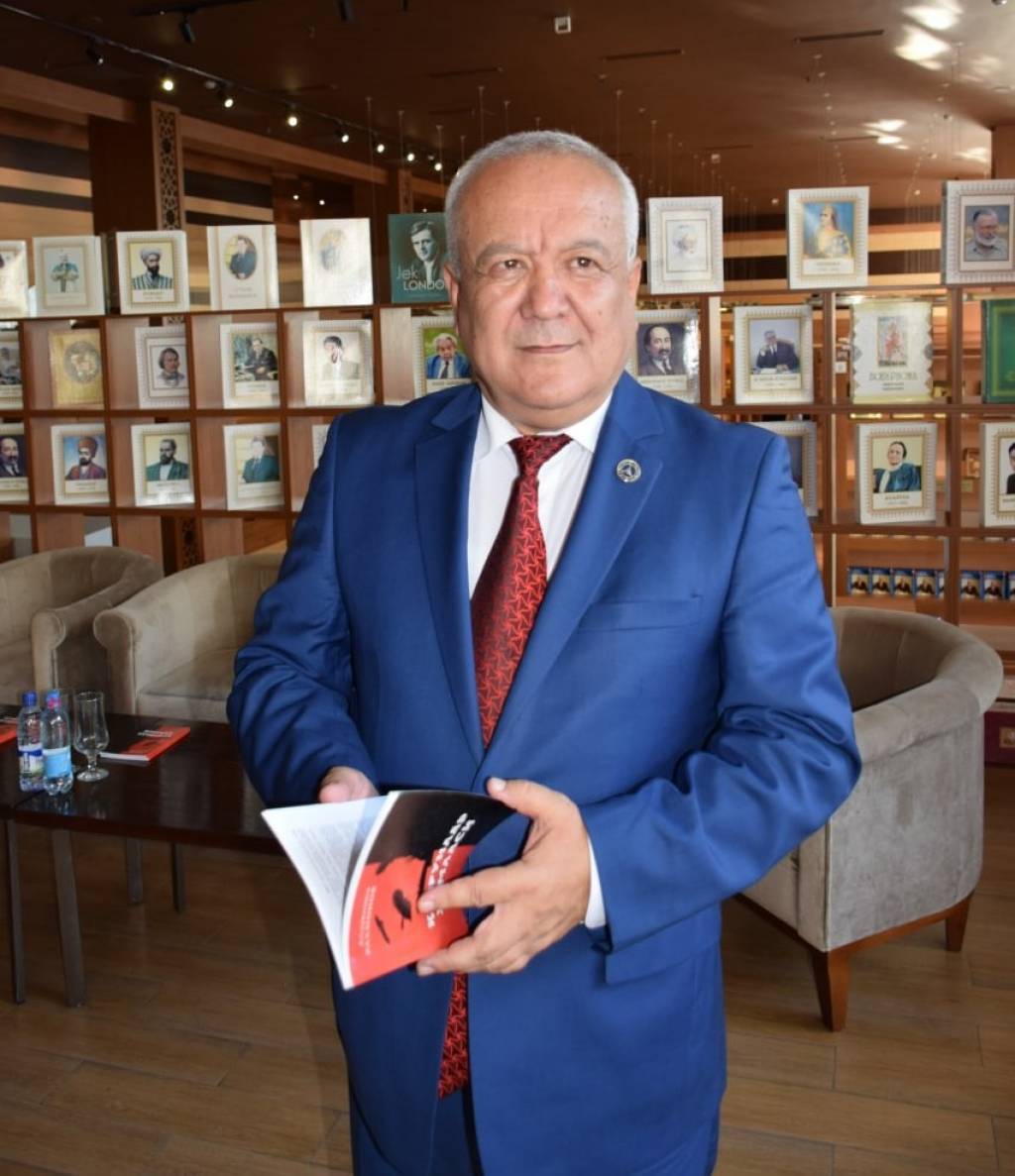


 For example, Article 27 of the current Constitution states: “Everyone shall be entitled to protection against encroachments on his honour, dignity, interference in his private life, inviolability of his home.
For example, Article 27 of the current Constitution states: “Everyone shall be entitled to protection against encroachments on his honour, dignity, interference in his private life, inviolability of his home.
No one shall have the right to enter a home, carry out a search or an examination, violate the privacy of correspondence and telephone conversations except for case and procedure prescribed by law”.
In the draft Constitutional Law, this article is supplemented by norms providing for broader protection of human rights, and is set out as follows:
“Article 27. Every person shall have the right to inviolability of personal life, protection of personal and family secrets, his honor and dignity. Everyone has the right to protect information relating to his personality.
Everyone shall have the right to freedom and secrecy of personal correspondence, conversations on the telephone and other telecommunications devices, postal and telegraphic messages. Restriction of this right is allowed only in cases and in the manner prescribed by law, based on a court decision.
Everyone shall have the right to the inviolability of his home. Deprivation of housing without a court decision is not allowed.
No one shall have the right to enter a home of a person, conduct a search or inspect the home or property, except in cases and the manner prescribed by law”.
The norm proposed in the draft is the possibility of guaranteeing the inviolability of a person’s personal life by the state, that is, the possibility of preventing the disclosure of information about an individual, his personality and family without his consent.
According to generally accepted norms, it is prohibited to illegally collect or disclose, without the consent of the individual, information about his personal life constituting a personal or family secret, or disseminate this information to the public, in a mass publication or the media, or for other purposes.
Today, during the globalization period, there are cases of illegal, without the consent of the individual, the collection or dissemination of information about the personal life of a person, which constitutes a personal or family secret. According to statistical data, it is known that individual media outlets or bloggers are liable before the court for disseminating information that degrades the honor and dignity of a person.
Recently, information was published in one of the media that violated the rule of inviolability of personal life, which caused indignation of many people. As reported in the information, a responsible officer of Andijan Regional Internal Affairs Body (IAB) for money contributed to the collection of personal data of almost 40,000 citizens from the database of the IAB and the registration of the IMEI code of 3618 phones for 6.4 billion UZS in the passports of third parties. As a result of illegal actions, customs payments in the amount of 1 billion 630 million UZS were not paid.
Such examples testify to the relevance and vital necessity of introducing new amendments to the Constitution.
Now the principle of inviolability of personal life, necessary for human life, will be defined as a constitutional norm. The introduction of this norm, corresponding to generally recognized rules, will become the basis for the protection of human rights in particularly sensitive issues. Because the value of a person in our country is high, his rights and freedoms are sacred!
Abdukamol RAKHMONOV,
Deputy Chairman of the Political Council of the SDP “Adolat”.
UzA